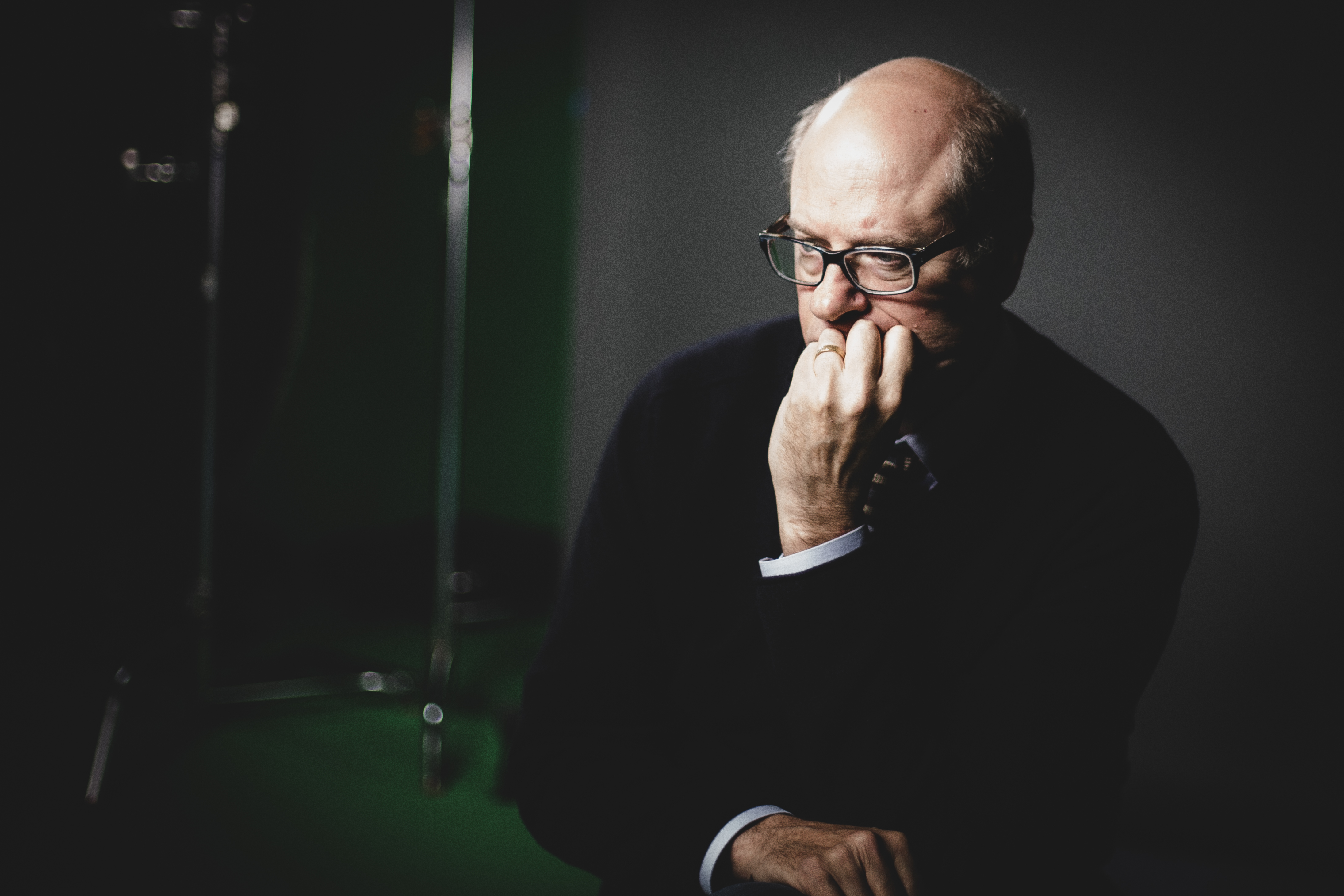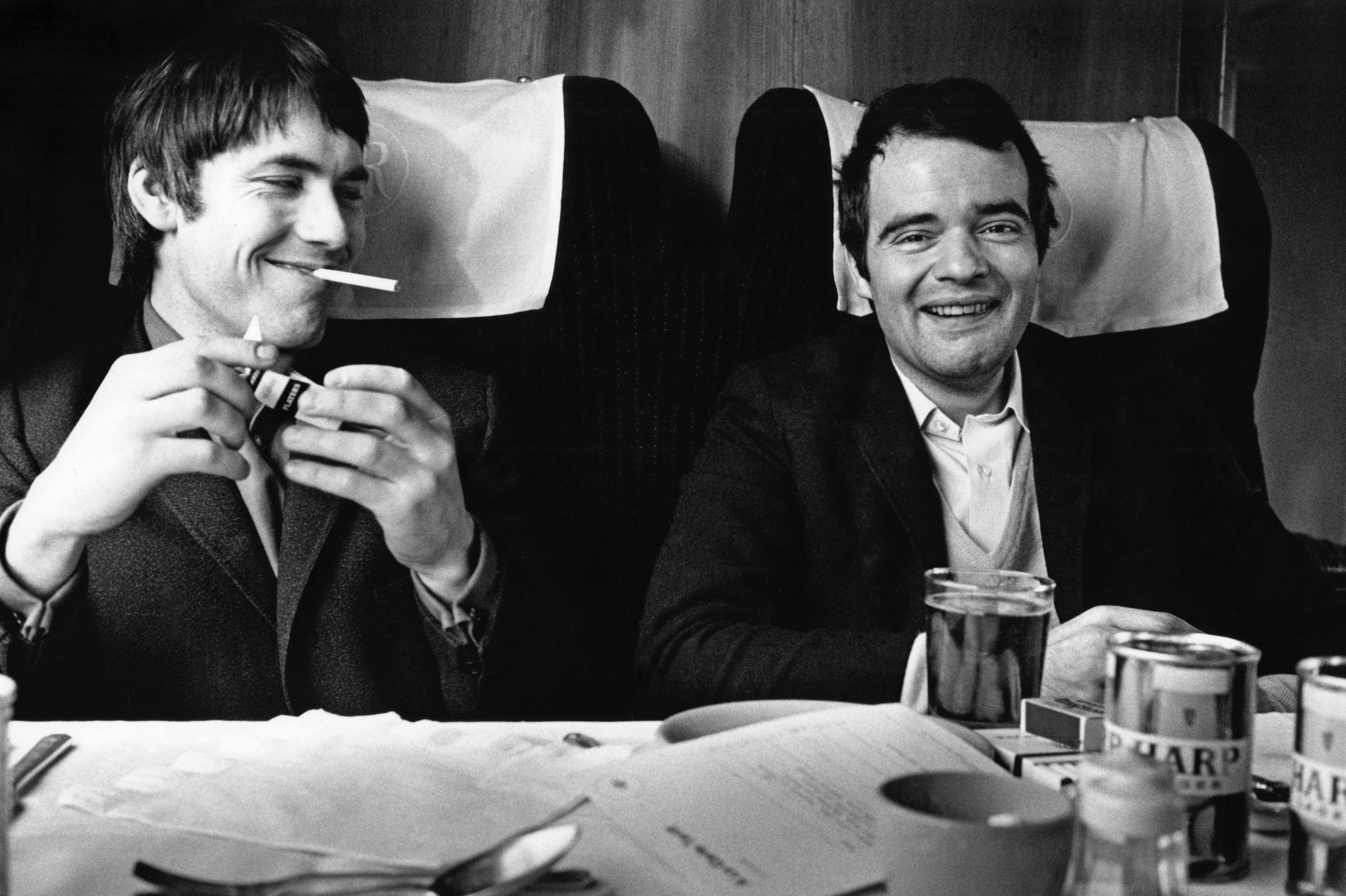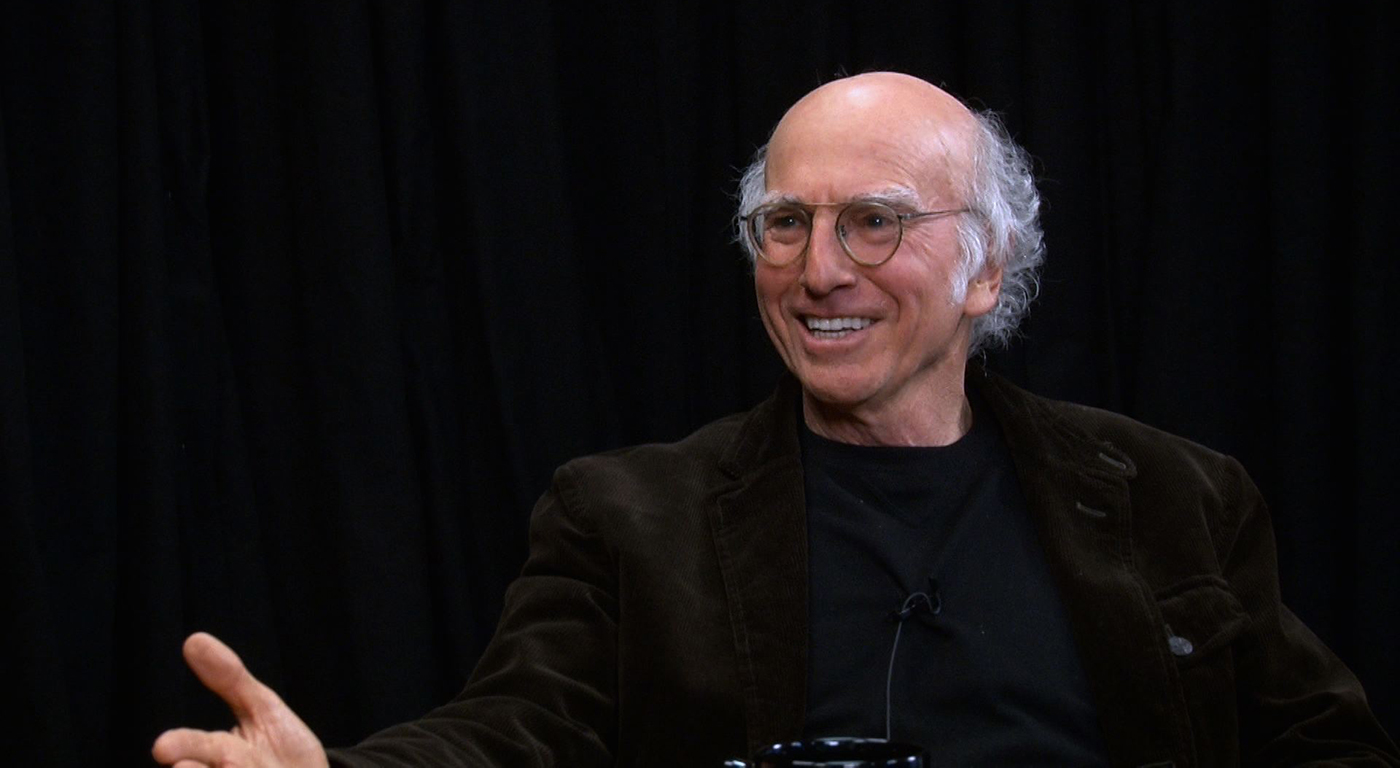IN THE OPENING FRAMES of Destiny, Joseph, a young Christian man, watches his father, a scholar who has translated works forbidden by the Church, burn at the stake. It is the 12th century, and religious extremism threatens the spread of knowledge everywhere.
For Egyptian director Youssef Chahine, censorship is a personal matter: His 1994 film L’Emigre was banned in his native country, at the behest of religious fundamentalists. His riposte, then, is no dry treatise on intellectual freedom; instead, it is an ambitious epic with adventure, romance, and even a few lusty musical numbers. “Ideas have wings. No one can stop their flight,” offers his philosopher hero, Averroes (Nour el-Cherif). And Chahine knows that a little cinematic spectacle can help their passage.
Destiny
directed by Youssef Chahine
starring Nour el-Cherif, Laila Eloui
plays at the Egyptian, February 22-25
Joseph embarks for Andalusia to meet Averroes, the scholar (and actual historical figure) who taught Muslims, Jews, and Christians alike in the tolerant and diverse atmosphere of Moor-held Eastern Spain. His influence as high judge and royal adviser to the caliph has led, in the movie, to a flowering of learning and culture, making Andalusia a veritable intellectual Eden. But of course the paradise is troubled: The proud, vainglorious caliph (Mahmoud Hemeida) bristles at Averroes’ familiarity at court, and basks in the flattery and obsequious fawning of wealthy fanatic Cheikh Riad (Ahmed Fouad Selim), a radical fundamentalist with a fervid following who challenges Averroes’ teaching of the Koran. Crown Prince Nasser is more interested in his poor gypsy girl than his studies, while his younger brother, Borhan, lives for poetry and dance. Since the caliph believes that these are not the activities of royal progeny, he has practically disowned his sons. That makes Borhan particularly susceptible to Riad’s cult, which recruits the boy as political insurance as the faction gains support in the streets and the court alike.
The conflict builds to a revolutionary pitch when Riad pushes the caliph to declare a fatwa against Averroes’ work and thought, and the students rise up to protect the work of their mentor.
Destiny is ambitiously dense with ideas and rites of passage: the caliph battling his vanity, the princes struggling to discover their potential and win the approval of their father, the scholars risking all to smuggle the work of Averroes out of the country. Chahine sometimes stumbles in putting the pieces together, losing threads of the narrative as he wraps more and more stories around it, and he reaches for so much that he neglects a few characters. (The big losers here are the women, vibrant figures relegated to roles of earth mothers and love interests.)
In all the swirling action and energy, though, these lapses aren’t that apparent. Destiny is a rollicking intellectual adventure with the emotional tenor of a melodrama. Each scene flowers with its own passion, and every character shines in his or her moment of glory. Chahine carries the electricity of these scenes throughout the picture to create a colorful, dynamic celebration of the joy of knowledge.






